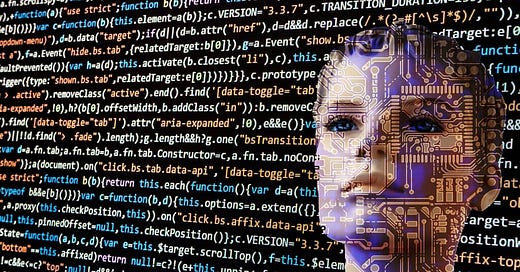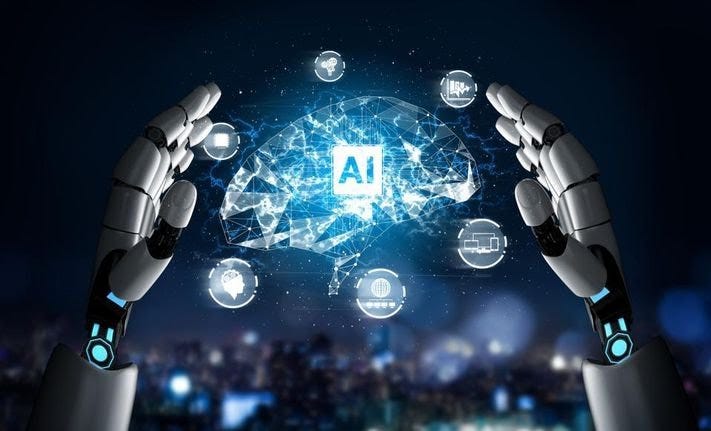podcast above
a version is published at https://chintan.indiafoundation.in/articles/artificial-intelligence-2-0-the-language-wars-are-coming/
There have been major technological breakthroughs recently, such as CRISPR-cas9 in gene-editing, AlphaFold2 in protein-folding, and the spread of blockchains and cryptocurrency. But it’s a fair bet that natural language processing via AI and Deep Learning will have the most impact on the most people. For, advances like GPT neural networks mean that machines can process language in ways practically indistinguishable from the way humans do.
These language systems give us the first glimpse of Artificial General Intelligence, something that broadly comprehends the real world, as opposed to domain-specific systems (e.g. AlphaGo) that are competent only in narrow domains. This is, literally, AI 2.0.
Language can be dangerous. We have heard of Deep Fakes, fake videos that look like the real thing, but fake text is equally, if not even more, frightening. Some of the scenarios Rajiv Malhotra outlines in Artificial Intelligence and the Future of Power show how the destructive capacity of AI is being harnessed by certain nations and companies, and their impact is already overwhelming. India’s very sovereignty may be in jeopardy.
The rapid evolution of GPTs
The non-profit research entity OpenAI of San Francisco started its development of a series of GPTs (Generative Pre-trained Transformers) a few years ago. These are Neural Networks that don’t need human training but use Deep Learning techniques to crunch gigantic amounts of content to discover their own rules of, in this case, language.
… deleted, please listen to the podcast above
Five Problems with GPT-3
There are, however, at least five huge problems with something like GPT-3.
… deleted, please listen to the podcast above
Can these problems be fixed?
Is there a way of alleviating concerns about the five above-mentioned problems?
… deleted, please listen to the podcast above
The fourth problem is related, and it is sociological. We tend to trust anything the computers spew out, and more worryingly, anything that comes from the West. India is a country that has been gaslighted so much already that we willingly put our faith in charlatans of all sorts: politicians, epidemic experts, economists, et al. The Cambridge Analytica scandal showed how it is possible to sway sentiments; with Deep Fake text it is possible to misdirect people to astonishing levels. Is any kind of oversight or regulation even possible?
The fifth problem is perhaps a little theoretical. It goes to the question of whether computers have consciousness, and whether they can ever become conscious. Subhash Kak has suggested they cannot, in Why a computer will never be truly conscious; but can they appear to be conscious to the extent that they can be malicious? The Skynet of the Terminator series comes to mind; so do the machines of the Matrix series. But if computers can never become conscious, can they ever be truly creative? We don’t know the answer.
The arrival of natural-language processing models appears to be a significant breakthrough in Artificial Intelligence. Whether it will fulfill its promise, or fall by the wayside as earlier revolutions did, is not known at the moment.
What is known is that once again India finds itself on the back foot when a new technology appears. We have neither the trained people nor the hardware infrastructure to play more than a bit part here. And that means almost certainly that the technology will be weaponized against us, as previous technologies were, by previous invaders.














Share this post